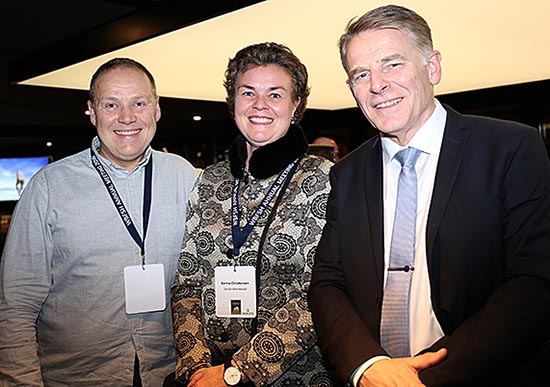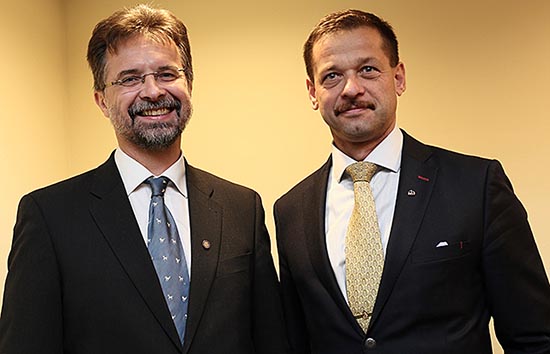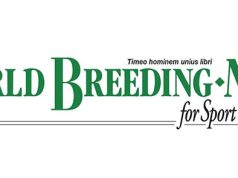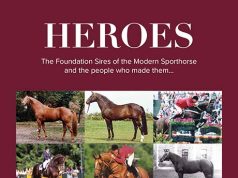
By Celia Clarke
Photography: Susan Finnerty
In this case the less formal events ranged from a visit to the impressive Lazar Equestrian Park and restaurant (home of the multi-world champion driving Lazar brothers), to a hair-raising trip along the Danube on an amphibious bus/boat, so it was a busy few days for all attendees. The wide variety of events are the major factor in the networking process so vital to any international organisation of this kind and the delicious gala dinner – complete with a full rendition in English of the Swedish ‘Toast to the Horse’ led by Olle Kindberg – was certainly the social highlight of the weekend.
The General Assembly proceedings themselves were preceded by the now regular annual meeting of the WHIRDEC committee, and this is covered under a separate article in this issue of BN.
On a serious note, this year welfare – and a host of issues relating to it – were the main themes of the workshops and presentations that precede the actual General Assembly meeting and they provided a fascinating insight into current concerns within the international sport horse breeding industry. These included a presentation from Sofia Mikko of Sweden on the vital issue of WFFS (Warmblood Fragile Foal Syndrome) and other hereditary diseases in sport horse breeding, one from Gabor Bodo of Hungary on the importance of x-rays and other clinical assessments in stallion assessment, and another on the maternal transmission of behaviour from Janne Christensen of the University of Aarhus.

University of Veterinary Medicine and the Hungarian
Equestrian Federation’s International Relations manager, Dr. Miklós Jármy
But by far the most wide-ranging and hard-hitting presentation in this section was that given by Roly Owers of World Horse Welfare which included a global overview of ethics and responsibilities in horse sport from birth to death. His earnest plea that all sectors of the sport horse world – including breeders and young horse producers -- need to look at our industry from the viewpoint of an outsider and see how worrying some of our practices appear to be to the ever growing numbers who watch equestrian sport but do not have a grounding in knowledge of the horse and its management. It was doubtless this forcefully presented argument, combined with an indication that if the industry did not recognize this then horse sport as an Olympic discipline (and even perhaps as a recreational activity because it is increasingly frequently perceived as cruel), that was the strongest influence on the subsequent workshop on horse welfare...CLICK HERE TO SUBSCRIBE TO BREEDING NEWS
SUBSCRIBERS CAN READ THE COMPLETE ARTICLE BY LOGGING IN AND RETURNING TO THIS PAGE


